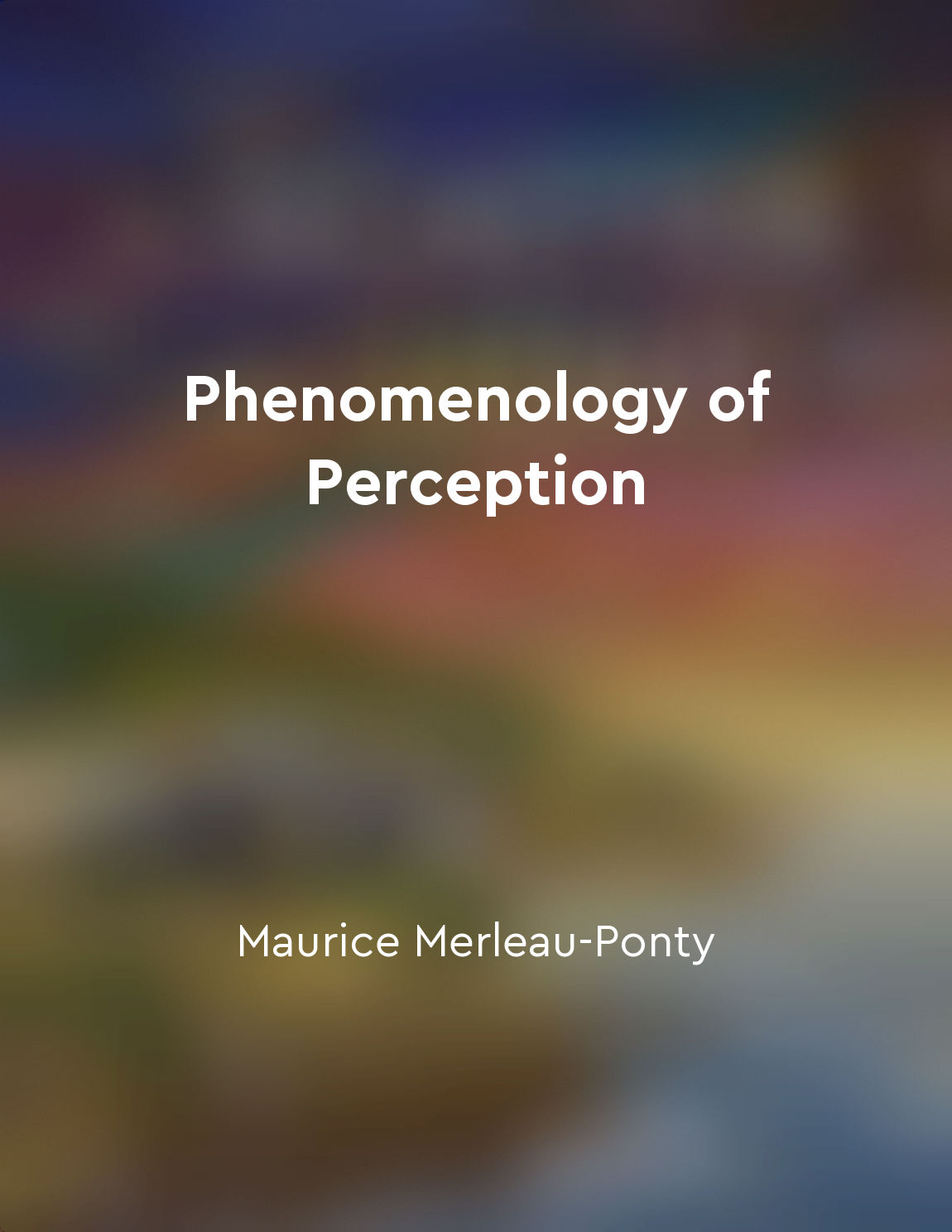Humans use shared intentionality for social understanding from "summary" of A Natural History of Human Thinking by Michael Tomasello
Shared intentionality is a concept that is central to understanding human social cognition. It refers to the ability of individuals to share goals, intentions, and attention with others in a collaborative and cooperative manner. This shared intentionality allows humans to engage in complex forms of social understanding and interaction that are unique to our species. One key aspect of shared intentionality is the ability to engage in joint attention with others. Joint attention involves two or more individuals focusing their attention on the same object or event, allowing them to share a common frame of reference. This ability is essential for communication, cooperation, and the development of shared meanings and understandings. Another important aspect of shared intentionality is the ability to engage in cooperative activities with others. By working together towards a common goal, individuals can coordinate their actions, share intentions, and collaborate effectively. This form of cooperation is based on a shared understanding of the goals and intentions of the group, and requires individuals to take on different roles and responsibilities within the social group. Shared intentionality also plays a crucial role in the development of cultural practices and norms. By sharing intentions and goals with others, individuals can create and maintain shared symbols, rituals, and traditions that help to define their social group. These shared practices and norms help to regulate social interactions, coordinate group activities, and transmit cultural knowledge and values from one generation to the next.- Shared intentionality is a fundamental aspect of human social cognition that allows individuals to engage in complex forms of social understanding and interaction. By sharing goals, intentions, and attention with others, humans can coordinate their actions, communicate effectively, and cooperate in various social contexts. This ability to engage in shared intentionality is what sets humans apart from other species and is essential for our development as social beings.
Similar Posts
Cultures shape conversational norms
In every culture, conversations are governed by norms that dictate how people interact with each other. These norms are shaped ...
Transform setbacks into opportunities
When faced with setbacks, it is easy to become discouraged and see them as roadblocks to our progress. However, setbacks can ac...

Progress is not predestined
Progress is not predestined. It does not follow a predetermined path laid out for it by some higher power or invisible hand. Th...

The body is both subject and object in perception
The body is not just an object that we perceive in the world; it is also the subject that perceives. This means that our body i...
We are more likely to help others when we feel a connection to them
The human heart is a complex organ, capable of both great love and great indifference. When it comes to helping others, our con...
Indirect speech acts rely on implied meanings
In considering speech acts, it is essential to recognize the distinction between what is said and what is meant. While the lite...
Develop emotional intelligence to enhance your communication
Emotional intelligence is a key factor in effective communication. When we develop our emotional intelligence, we become more a...
Hidden habits may be driving our unhappiness
It's easy to blame our unhappiness on external factors - the demanding boss, the difficult relationship, the never-ending traff...
Build strong relationships with colleagues
Developing strong relationships with colleagues is essential for creating a positive work environment. It is important to remem...
Symbiotic relationships can benefit both partners
In the game of life, alliances are crucial. Organisms have evolved to form partnerships with others in order to increase their ...

